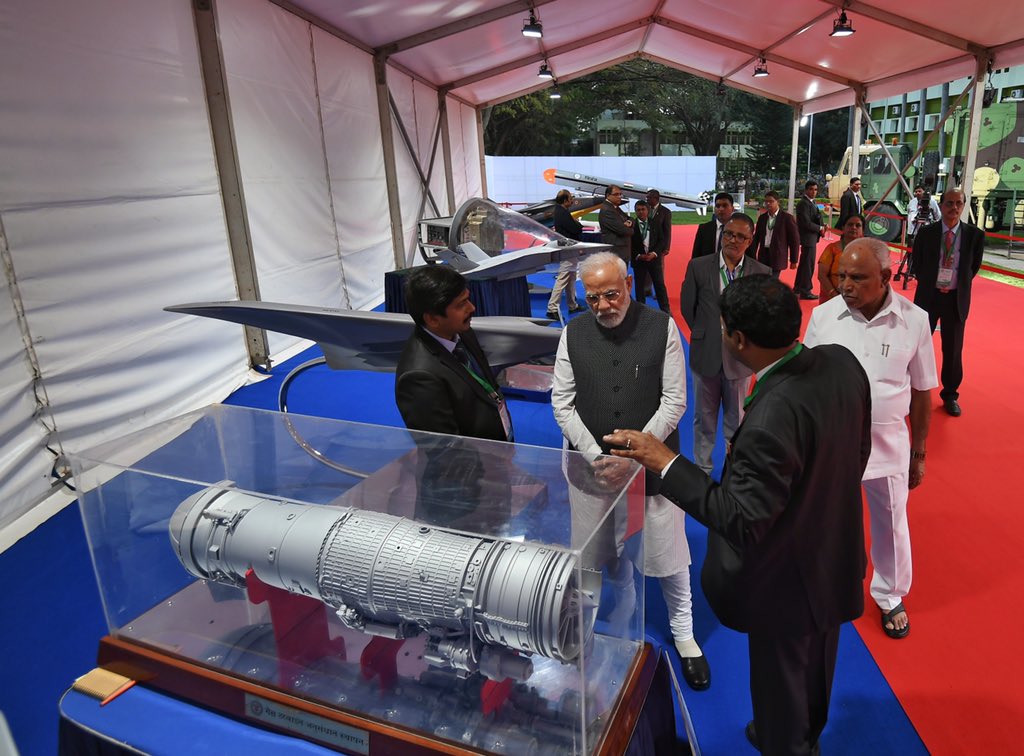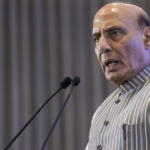
SOURCE: EXPRESS NEWS SERVICE
Coming down heavily on the government’s offset policy for defence procurement, the national auditor cited the example of the 36 Rafale fighter jets bought from Dassault Aviation and said that the French manufacturer has not delivered on its promises regarding transfer of technology.
In a statement issued Wednesday, after its latest reports were tabled in Parliament, the Comptroller and Auditor General (CAG) said: “…it was found that the foreign vendors made various offset commitments to qualify for the main supply contract but later, were not earnest about fulfilling these commitments.”
Referring to the Rafale deal in this context, the CAG said: “For instance, in the offset contract relating to 36 Medium Multi Role Combat Aircraft (MMRCA), the vendors M/s Dassault Aviation and M/s MBDA initially proposed (September 2015) to discharge 30 per cent of their offset obligation by offering high technology to DRDO” (Defence Research and Development Organisation).
The CAG said: “DRDO wanted to obtain Technical Assistance for the indigenous development of engine (Kaveri) for the Light Combat Aircraft. Till date, the Vendor has not confirmed the transfer of this technology.”
The CAG statement does not mention any evaluation of the 50 per cent offset clause that was at the centre of a political firestorm before the 2019 general elections due to the involvement of an Anil Ambani-led Reliance firm on the Indian side.
On August 22, based on a report that the CAG had dropped the audit of the Rafale offset deal, Congress leader Rahul Gandhi had tweeted: “Money was stolen from the Indian exchequer in Rafale.”
When contacted by The Indian Express, an India representative of Dassault Aviation did not comment on the CAG’s statement.
In its statement, the CAG said that from 2005 till March 2018, 46 offset contracts were signed with foreign vendors totalling Rs 66,427 crore.
“Under these contracts, by December 2018, Rs 19,223 crore worth of offsets should have been discharged by the vendors. However, the offsets claimed to have been discharged by them was only Rs 11,396 crore, which was only 59 per cent of the commitment. Further, only 48 per cent (Rs 5,457 crore) of these offset claims submitted by the vendors were accepted by the Ministry,” the CAG noted.
The offset policy was adopted by India in 2005 for all capital defence purchases above Rs 300 crore made through imports. The foreign vendor, or Original Equipment Manufacturer (OEM), was required to invest at least 30 per cent of the value of the purchase in India’s defence or aerospace sectors.
There are several ways for OEMs to meet their offset obligations, including Foreign Direct Investment (FDI), offering free transfer of technology to Indian firms, and purchase of eligible products manufactured by Indian firms. To discharge these obligations, OEMs need to select Indian organisations as partners.
However, the CAG noted that obtaining technology transfer has been a particular failure. It said that “90 per cent of the investment by the vendors was in the form of direct purchase of goods and services from the Indian industry”. Besides, it said, “of the total value of offsets only 3.5 per cent was contracted to be discharged through FDI”.
The audit, CAG said, “did not find a single case where the foreign vendor had transferred high technology to the Indian industry”. It said that “the defence sector is ranked 62nd out of the 63 sectors in India in terms of FD” and there was “hardly any equipment supplied ‘in kind’ to the Indian industry by the foreign vendor”.
“Thus, the objectives of the offset policy remain largely unachieved, even after more than a decade of its adoption,” CAG stated, adding that “the (Defence) Ministry needs to review the policy and its implementation”.






